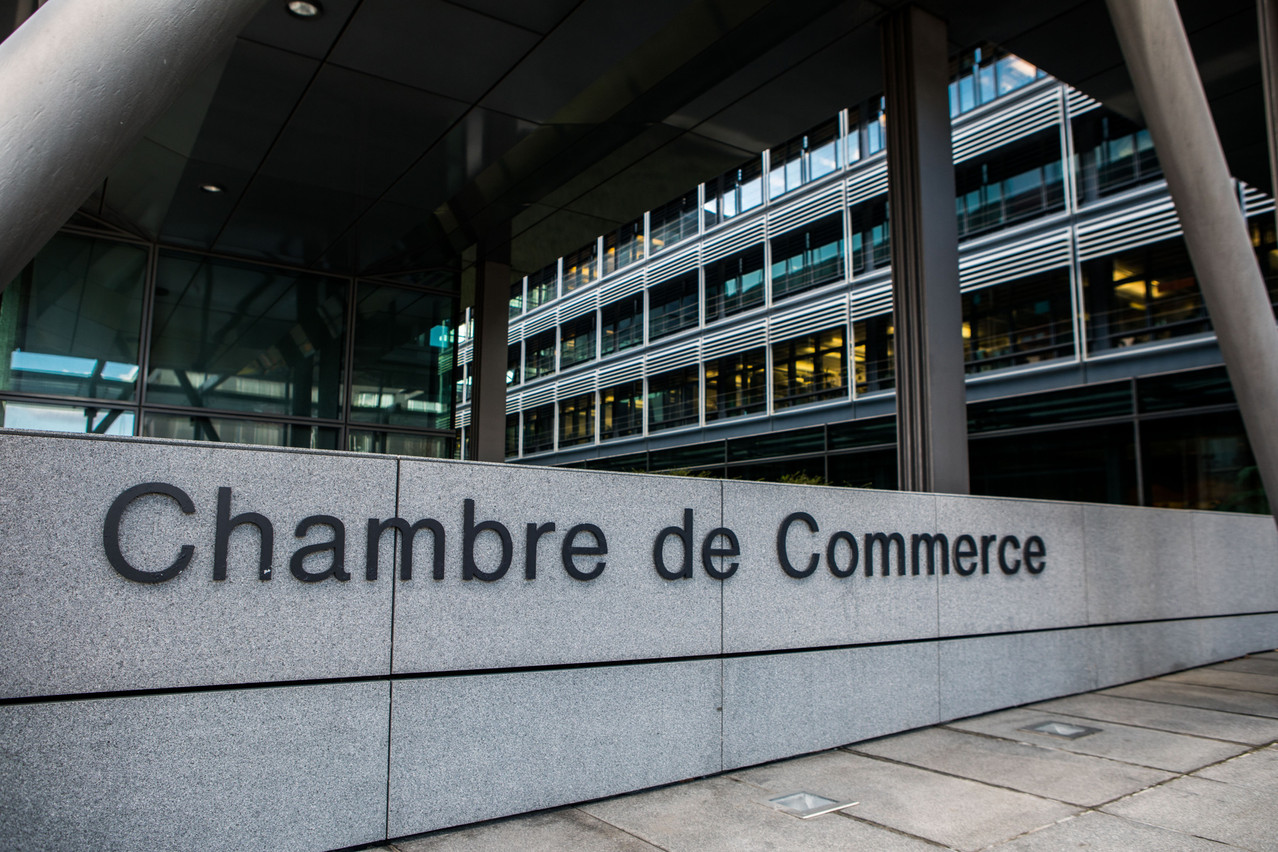The Chamber of Commerce on Thursday published its “” survey in which 677 companies with six employees or more took part. The report gives an overview of business outlook, activities, labour, profitability and investments.
Businesses were more confident about the economy, with a score of 62.1 out of 100, up from 54.4 in the last edition of the survey conducted in the first half of this year. It’s the best result since autumn 2019. The indicator dropped as low as 45.6 during the first half of 2020, which was marked by the outbreak of the coronavirus pandemic and global lockdowns.
A third of respondents (33%) said activities had picked up over the last six months while 42% said they expect them to pick up in the coming half year. One in five companies said business had dropped during the last six months but only one in ten expect the downward trend to continue into next year.
Around a third of companies (30%) also expect to hire in the next six months, compared to just 8% saying they will reduce jobs and 62% expecting the number of staff to stay stable.
But hiring is also seen as a big challenge. More than two thirds of companies surveyed (69%) said the lack of qualified workers is an obstacle to their development in 2022. This was followed in second place by the cost of labour (53%), energy and raw materials prices (43%), digitalisation (34%), financing (16%) and meeting demands for sustainability (16%).
Little interest in circular economy
The survey also included a special chapter on the circular economy. Around half of businesses said they’re not interested in the concept. One in five said they’re already applying some of its principles in practice. The remaining 30% said they would tackle the concept at a later time.
The main reasons listed by companies for going circular are optimising the use of resources and making savings, responding to climate change and responding to customer expectations.
A lack of time, viable technology alternatives, staff to allocate to the topic, budget and know-how were listed as key hurdles to implementing circular economy principles.
Looking ahead, more than three quarters of businesses (77%) said they are confident about the coming two to three years, with 12% even saying they are very confident. Similarly, 87% said they are confident or very confident about the development of the Luxembourg economy in the next years.
More lockdown measures (54%), supply chain problems (44%), changes in consumer habits (40%), work from home (32%), travel restrictions (29%) and difficulty paying back loans (14%) were cited as consequences of the pandemic that might hamper business next year.
